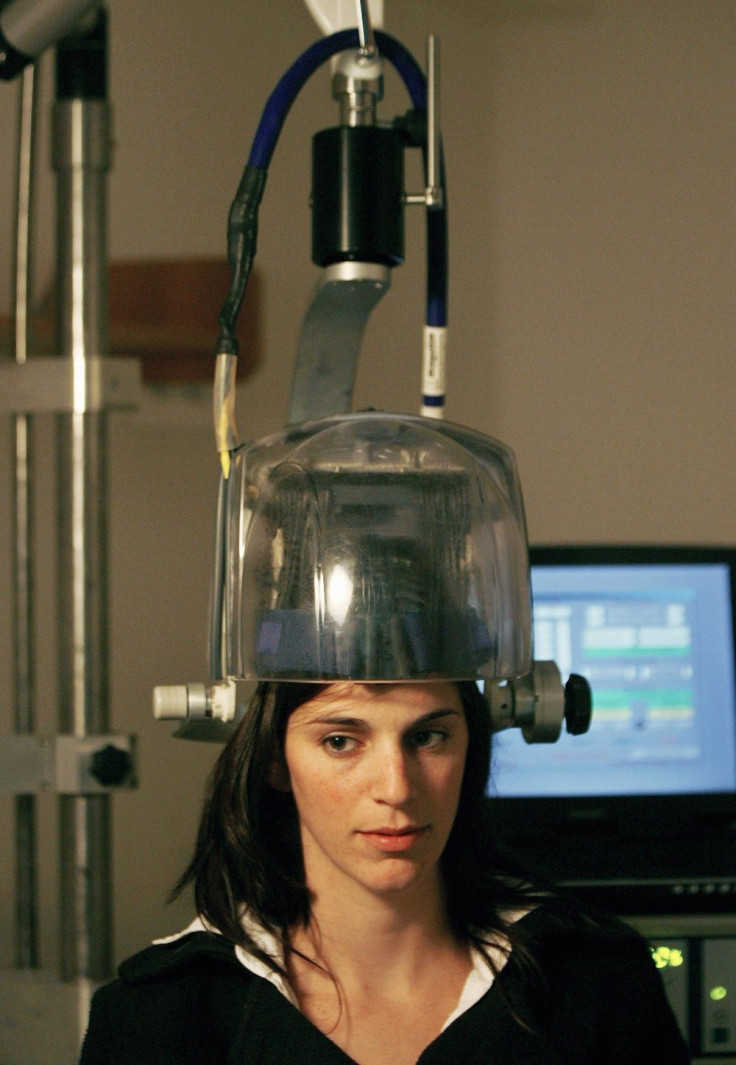The global economic implication of investing money in depression and anxiety treatment

A new study led by the World Health Organisation (WHO) revealed that every penny put on anxiety and depression treatment-focused enterprises could directly affect the global economy for the better. The study, published in The Lancet Psychiatry, said every $1 invested in the advancement of treating the said illness could go back to the economy by 400 percent as it could help in providing the global workforce a better working milieu.
Dr Margaret Chan, director-general of WHO, suggested that the equation is as simple as eliminating the factors affecting a country’s economic performance. Depression, which on a personal level can create a huge negative impact on one’s performance at work, is costing the global economy US$1 trillion annually. “We know that treatment of depression and anxiety makes good sense for health and wellbeing; this new study confirms that it makes sound economic sense too," she said.
The study is also the first one to argue that eradicating the need to cure the illness can cost the global economy a big amount of money in the future and suppress a country’s economic progress.
There are 350 million people who are suffering from various types of depression globally. Eleven percent of adolescents in the last few years have started to have a depressive disorder by the age of 18. There is also a 70 percent likelihood for a woman to experience depression than men, but this doesn’t mean that the type of depression experienced by men is easier to cure or address.
In the US alone, almost 50 percent of patients suffering from a major depression choose not to seek treatment due to the absence of access to trusted medical personnel, social stigma, or by simply having no knowledge of it being a serious mental problem. This quandary has led to another, as the annual cost of depression in the US has increased to $80 billion due to low productivity from depressed and anxious workers, as well as poor health care benefits.
However, the real predicament is that investments in depression treatments remain low. According to a CNN report , a 2014 mental health study by WHO revealed that most governments spend only 3 percent of their entire budget on mental health. Wealthy countries allocate only less than 5 percent of their budget for the illness while poorer economies understandably spend less than 1 percent.
Behind these dismal numbers are brands doing all their best to alleviate the quandary in their own unique ways. Bay Area-based firm Joyable , which provides “evidence-based” online programs to help depression patients, has been lauded by several experts in the mental health for its outstanding contribution in the segment. The company owned by a frustrated therapist-turned-entrepreneur has successfully infused cognitive behavioral therapy (CBT) methodologies to the courses and exercises he offers on Joyable, which has now millions of users worldwide.
5BARz International ( OTCQB: BARZ ), though not directly operating in the mental health niche, believes that its product and services can help eliminate the causes of depression by helping telco firms improve their services. In 2015, the company chose to commence operation in India after realising how its service can help improve consumers’ lives in the said nation. Indian consumers, despite the country’s improving economy and fast-expanding mobile market, have been experiencing massive call drops and slow internet for years due to the faulty network infrastructure. “Reports from their local regulator — TRAI — show that complaints from angry consumers have been constantly increasing every year,” said 5BARz CEO Daniel Bland. “We successfully convinced several Tier One India telco firms that we can help them gain consumer trust anew the moment they saw our one-of-a-kind network extender product , what it can do.”
Still, it should be the governments across the globe that must first realise the importance of putting more money and efforts in giving their people more access to health officers, recuperation methods, drugs, and even programmes and laws that would encourage every office and company in providing a better working environment for their workers.
The study said that such endeavor, which is mostly about but not limited to psychosocial counseling and antidepressant medication, can cost up to $147 billion. However, this large amount of money could end up with bigger results if utilized properly as it could result in a five percent improvement in the workforce sector at $399 billion. Moreover, improved health—which is synonymous to healthier workers, intensified productivity, and better competitions among outstanding companies—can produce additional $310 billion in returns. Indeed, it’s high time for the governments across the globe to realise the immediacy of this mammoth of a problem.




















